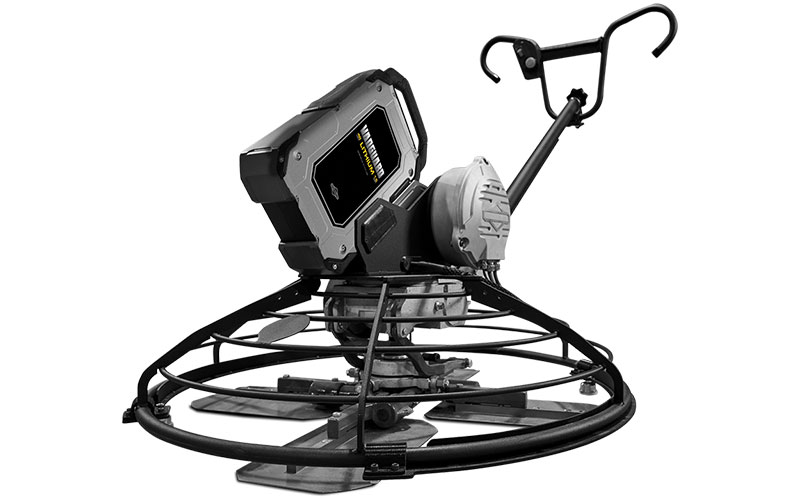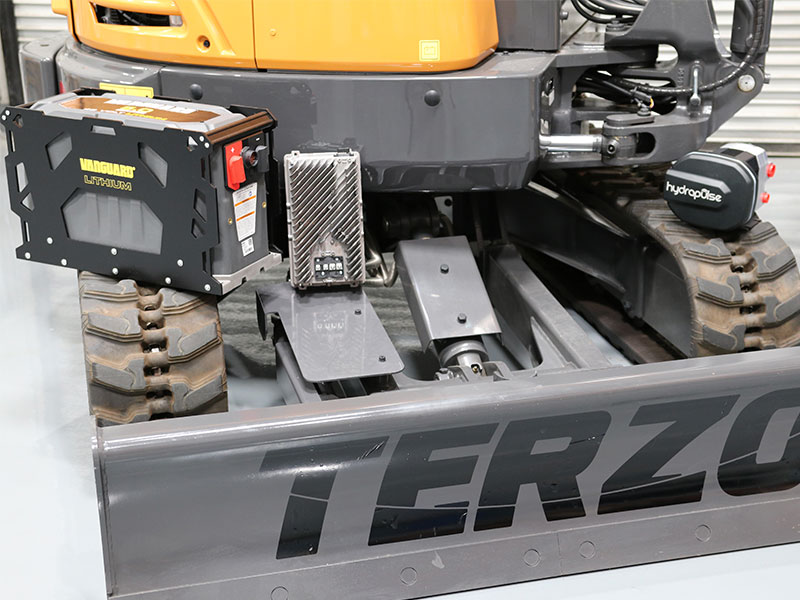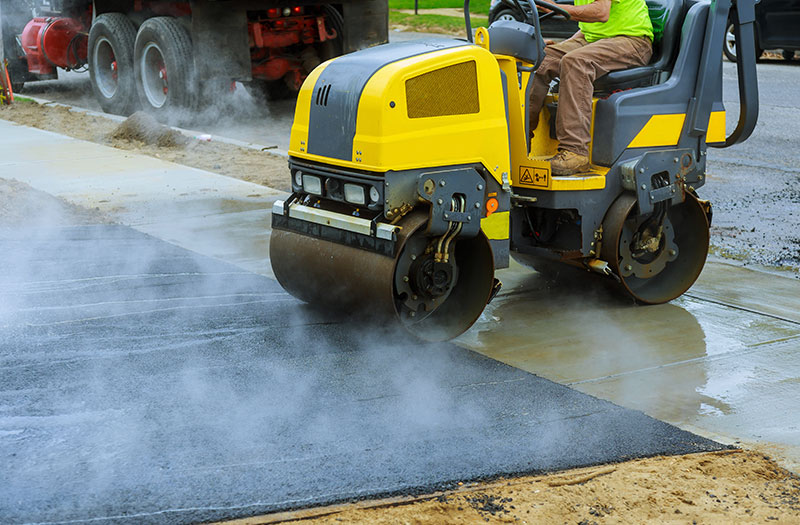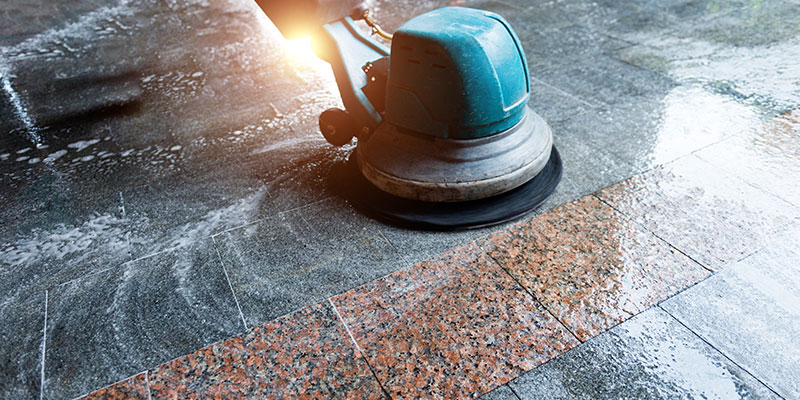From Fuel To Battery: Thinking Of Making The Switch?
Vanguard® Commercial Power is an emerging player in the electrification space and successfully partners with over 60 OEMs nationally and internationally, helping to electrify their commercial fleets. The Vanguard Marketing Team sat down with Nick Moore, Director of Product Management for Electrification at Briggs & Stratton, to learn more about electrifying outdoor and indoor equipment and what OEMs should consider when thinking of making this switch.

Q: Within the construction business, what power applications or types of equipment are a great fit for battery?
Moore: Battery can be a great fit for much of the equipment in construction operations. When it comes to very large, high-powered machines - think asphalt pavers, backhoe loaders, dozers, etc. - the amount of battery power needed to move those machines will either be prohibited or at the very least highly regulated. However, as battery technology continues to grow, be enhanced, and pack more power and capacity in smaller cells, the line will continuously move in this ever-evolving landscape. Today, all handheld, walk-behind, and most ride-on equipment are great candidates to make the switch to battery, if it’s not already there.

Q: Is there a learning curve when switching over from gasoline to battery-powered equipment? What new technology will OEMs need to learn or adopt in order to become comfortable with electrified off-highway equipment?
Moore: For OEMs, there is a different skill set needed in engineering to develop high-performing equipment that gives users the right experience. Electrified equipment gives you a whole new set of capabilities, so OEMs need to fully understand what interconnected components can do, and the benefits they offer to make work easier, safe, and more efficient. It all depends on how far an OEM wants to go with efficiency gains and using the latest technology that will determine how similar or dissimilar the equipment becomes when making the switch. That’s why to enable comfortability and success, we partner with highly skilled companies in the machinery manufacturing industry that provide small to medium-sized OEMs with the knowledge, technology support, and access to resources needed to meet their electrification goals. When an OEM puts a Vanguard lithium-ion battery in their equipment, the support doesn’t stop there and never leaves you to figure things out on your own.

Q: How can I be sure battery-powered equipment is safe to use on construction sites?
Moore: OEMs have to do their due diligence when evaluating battery options. The lithium-ion battery landscape has a wide range of design characteristics and battery capabilities because each provider does things differently. First and foremost, it is important to ensure you’re using a battery that is designed for the environment it is operating in and the vibration and shock profiles of the equipment it is being specified on. We strongly recommend OEMs understand what a battery supplier has done to guarantee the safety of the battery itself and furthermore, in application form. When it comes to application, you’re bound to get feedback from users in the field. During the battery to equipment integration process, the end goal should be the worker - they must receive an intuitive, safe mode of operation.

Q: Can you use electric power equipment indoors and in confined spaces?
Moore: Using electrified equipment indoors is one of the biggest benefits of lithium-ion battery power. There is construction equipment that traditionally could only be used before walls or a roof got installed, whereas now that same equipment can be used anywhere and anytime, saving you and other stakeholders time and money on the job. It must also be kept in mind that during operation, there is a complete elimination of any harmful emissions that could affect workers. Lithium-ion batteries do not give off any chemicals, especially harmful ones, in the form of a gas which makes them ideal for indoor use cases.
Get more insights from Nick Moore on the future of electrification in the construction industry here.
About Briggs & Stratton:
Briggs & Stratton, headquartered in Milwaukee, Wisconsin, provides innovative products and diverse power solutions to help people get work done. Briggs & Stratton is the world’s largest producer of engines for outdoor power equipment, and is a leading designer, manufacturer and marketer of lithium-ion battery, standby generator, energy storage system, lawn and garden, turf care and job site products through its Briggs & Stratton®, Vanguard®, Ferris®, Simplicity®, Snapper®, Billy Goat®, Allmand®, SimpliPhi®, Branco® and Victa® brands. Briggs & Stratton products are designed, manufactured, marketed and serviced in more than 100 countries on six continents. For additional information, please visit www.basco.com and www.briggsandstratton.com.




